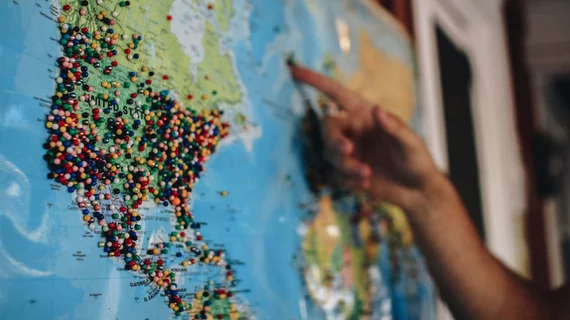South Dakota, Hawaii bookend states with fewest, most COVID constraints
Compared with the Aloha State, the Mount Rushmore State is a practical free-for-all during the COVID-19 crisis.
Stated another way, South Dakota makes Hawaii look like it’s issued a long timeout for misbehavior—actual or expected—at least while the pandemic continues to spread.
So suggests, albeit in less colorful terms, the latest state-by-state scorecard posted by WalletHub.
To arrive at its least-to-most restrictive list, the personal-finance website weighted metrics such as requirements to wear a face mask in public, restrictions on large gatherings and strictness of “shelter in place” orders.
Also in the mix were guidance on elective surgical and medical procedures, suspension or postponement of legislative sessions and travel restrictions.
Behind South Dakota, the top 10 least restrictive states are, in order of increasing restrictiveness: Utah, North Dakota, Missouri, Idaho, Tennessee, Montana, Texas, Florida and Iowa.
Behind Hawaii, the top 10 most restrictive states are, in order of decreasing restrictiveness: Rhode Island, the District of Columbia, Illinois, Pennsylvania, New Jersey, New York, Massachusetts, Ohio and Connecticut.
WalletHub posted the results May 5. To view the full findings, click here.

